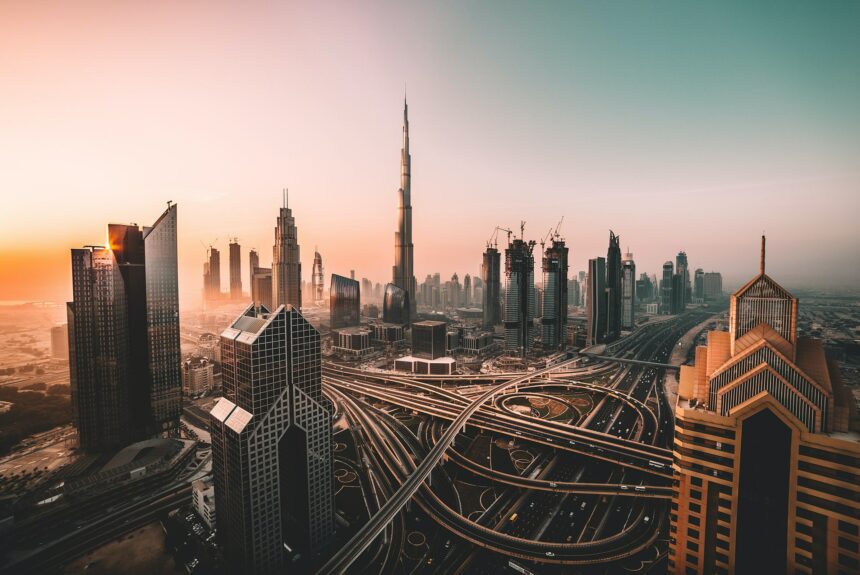This week global leaders descend upon Dubai to kick off COP28, the United Nations’ annual climate conference. Much of the focus will center around climate finance, curtailing methane emissions, and the role of oil and gas in future energy scenarios. While COP critics have rightly pointed out that these meetings can be a lot of talk with little action, policy decisions can have a substantial impact on emissions reductions and global human prosperity (both positively and negatively). With that in mind, politicians, ambassadors, and leaders should chart a pathway that reduces emissions by lowering the green premium for emerging technologies and expanding energy access globally.
>>>READ: Economic and Environmental Lessons from Taiwan
In the past, many COP discussions have resulted in top-down solutions that have been difficult or impossible to implement. Consequently, governments have either chosen to ignore their commitments or implement costly, unpopular climate policies. The broad failure of large, government-centric propositions should inspire leaders at COP to reassess their thinking and instead embrace solutions that are rooted in economic freedom, starting with increasing access to affordable and reliable energy globally.
Access to affordable, reliable electricity is one of the largest incubators of economic growth which has been shown to unleash environmental progress. Energy access allows citizens to transition away from cooking with dirtier sources like coal and dung—which leads to an estimated 3.7 million premature deaths per year—and instead use cleaner technologies like propane, natural gas, and electricity. With energy availability consumers who would otherwise spend much of their day collecting fuel can pursue an education, start a business, get a job, and grow their personal net worth. In every aspect, energy and electricity access betters human lives.
Encouragingly over 90 percent of the globe is connected to a grid. However, 759 million people, a majority of whom are in the developing world, still don’t have the luxury of access to electricity. At the local and federal level government corruption can play an outsized role in preventing consumer access to reliable energy. At the international level restrictive strategies like prohibiting lending for nuclear power projects and calling for fossil fuel phaseouts before the market is ready, harms investments in firm, dispatchable sources of energy which ultimately hurts consumers and continues reliance on dirtier fuels. Global leaders can offer fixes to both of these challenges by cracking down on corruption and opening up investment opportunities for all energy sources to allow the market to meet the world’s power needs.
At least one of the problems is already on its way to being fixed as the U.S. and U.K. have announced that they will work together to triple global nuclear power capacity by 2050. The duo will also lobby the World Bank and other financial institutions to include nuclear power in their future lending strategies at COP28 in Dubai.
>>>READ: Inflation’s Assault on Clean Energy
In addition to reducing barriers to energy access, international leaders must work together to empower the private sector to turn green premiums into green advantages. Increasing fuel prices, harming energy reliability, and discouraging meat consumption have time and again proved to be ineffective emissions reduction policies and have often sparked backlash for climate action. Cost-effective climate action unleashed by technological breakthroughs (i.e. the shift from coal to natural gas) and pro-growth policies, on the other hand, have not only lowered emissions, but have improved livelihoods through job creation and opportunity expansion.
Further accelerating this success can be done by opening up trade to accelerate industrialization and exporting advanced technologies to emerging economies. Importantly, developed countries should refrain from doubling down on green protectionism which has the unintended consequence of stymying economic development globally.
COP28 in Dubai offers world leaders a chance to pivot away from support of government-centric solutions, and instead focus on ways to expand global energy access and reduce the cost of climate action. Reducing financial barriers for all energy technologies and opening up free trade will help the world lower emissions and accelerate human prosperity.
The views and opinions expressed are those of the author’s and do not necessarily reflect the official policy or position of C3.
